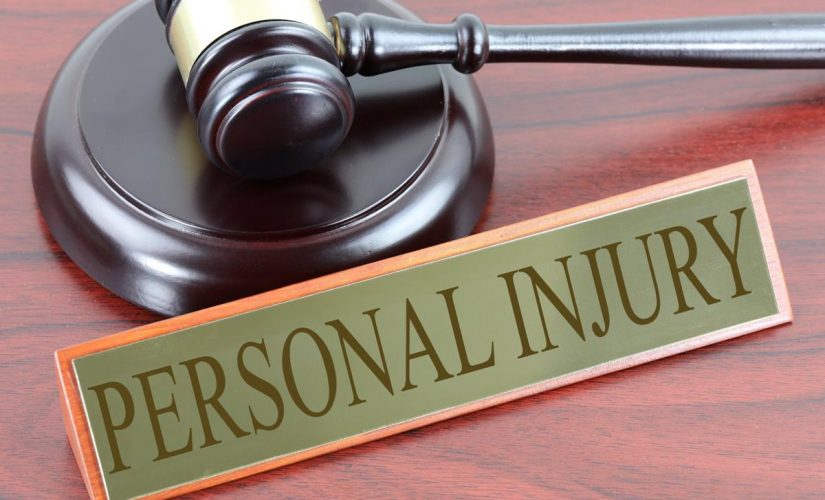Understanding Psychiatric Malpractice Settlements
Psychiatric malpractice is a serious issue that can have devastating consequences for patients. When a mental health professional fails to provide the standard of care expected in their field, it can lead to severe emotional, psychological, and sometimes physical harm. In such cases, patients or their families may seek legal recourse through psychiatric malpractice settlements. This article delves into the intricacies of these settlements, providing valuable insights into their nature, common causes, and notable case studies.
What Constitutes Psychiatric Malpractice?
Psychiatric malpractice occurs when a psychiatrist, psychologist, or other mental health professional breaches their duty of care towards a patient, resulting in harm. This could involve misdiagnosis, improper treatment, violation of patient confidentiality, or even sexual misconduct. However, proving psychiatric malpractice can be challenging, as it requires demonstrating that the professional’s actions deviated from accepted standards of practice and directly caused the patient’s harm.
Common Causes of Psychiatric Malpractice
- Improper Treatment: This could involve prescribing the wrong medication, using inappropriate therapeutic techniques, or failing to monitor a patient’s response to treatment.
- Misdiagnosis: Misdiagnosing a mental health condition can lead to ineffective treatment and exacerbate the patient’s condition.
- Violation of Patient Confidentiality: Mental health professionals are bound by strict confidentiality rules. Breaching these can cause significant emotional distress and potential harm to the patient.
- Sexual Misconduct: Any form of sexual relationship between a mental health professional and a patient is considered unethical and can lead to severe psychological harm.
Notable Psychiatric Malpractice Settlements
While specific details of settlements often remain confidential, some cases have made headlines. For instance, in 2012, a California psychiatrist was ordered to pay $1.3 million in a settlement after a patient committed suicide due to alleged negligence. In another case in 2015, a New York psychiatrist paid a $2 million settlement following accusations of improper treatment leading to a patient’s suicide.
Conclusion
Psychiatric malpractice settlements serve as a critical avenue for patients who have suffered harm due to the negligence or misconduct of mental health professionals. They provide a means of holding professionals accountable and compensating victims for their suffering. However, the complexity of these cases underscores the need for comprehensive legal and medical expertise to navigate the process successfully.
While these settlements can never fully compensate for the harm suffered, they can provide some measure of justice and closure for victims and their families. They also serve as a stark reminder of the high standards of care and ethical conduct expected of mental health professionals.







